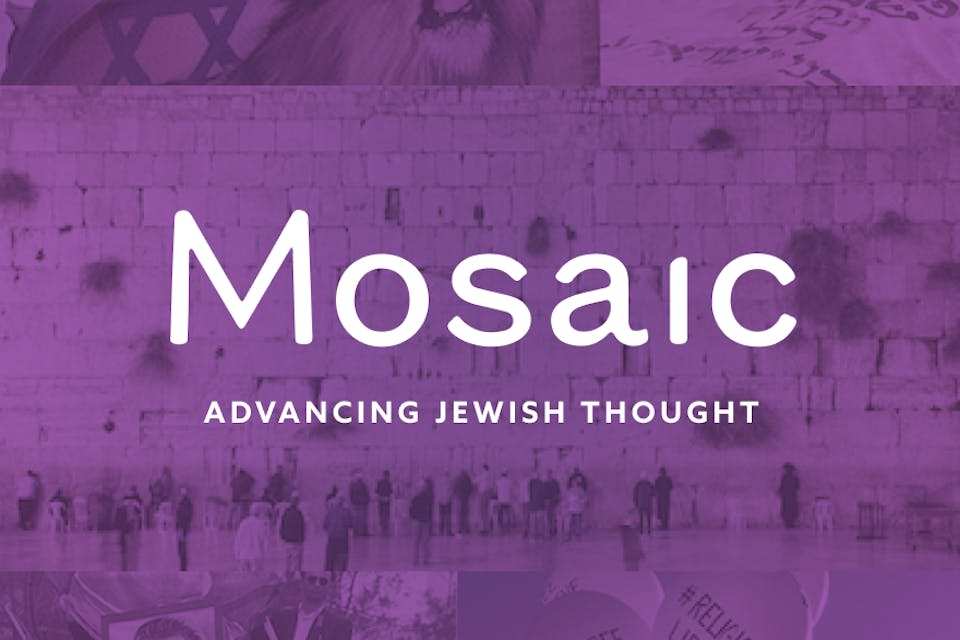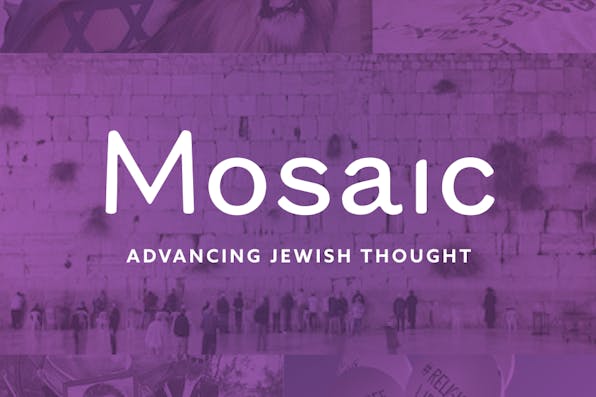
June 10, 2013
The Decalogue and Liberal Democracy
Rare is the scholar of politics or of law these days who would think to turn to the Ten Commandments to understand better the hard questions to which liberal democracy gives rise. But Leon Kass’s remarkable exploration of the Decalogue shows that these scholars have neglected a vital resource.
Scholars of politics and law continue to debate whether liberal democracy—that form of government grounded in the consent of the governed and devoted to protecting the rights shared equally by all—is rooted in moral preconditions. Since liberal democracy obviously rests on the fundamental moral premise that all human beings are by nature free and equal, the persistence of this debate testifies to nothing so much as the ability of intellectuals to cloud almost any issue.
Liberal democracy’s fundamental moral premise does, however, generate hard questions, both of the theoretical and the practical kind. Prominently driving the former these days are certain ideas or schools of thought fostered in our universities and disseminated throughout popular culture. For one thing, contemporary scientism limits all knowledge to that which can be formulated in terms of matter and the laws of physical nature. For another, postmodernism reduces all claims of knowledge, even the claims of science, to expressions of human will and social artifice. Both schools of thought lead to the same conclusion: the very notion of universal and objective moral claims grounded in human nature is nonsensical.
As for hard practical questions, these center on whether liberal democracy’s actual beliefs, practices, and associations are consistent with its fundamental moral preconditions. And which, if any, contribute to liberal democracy’s preservation and improvement?
Responses to June ’s Essay

June 2013
What Does the God of Israel Demand?

June 2013
The Decalogue and Liberal Democracy
By Peter Berkowitz
June 2013
Pride, Lust, Technology—and the Hebrew Bible

June 2013
Love, Particular and Universal

June 2013
The Decalogue and the Identity of God

June 2013
Why Two Covenants?

June 2013
The People Saw the Thunder

June 2013
A Reply to My Respondents, and My Friends
By Leon R. Kass